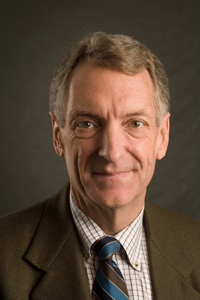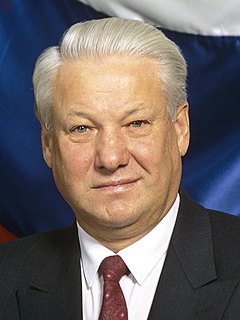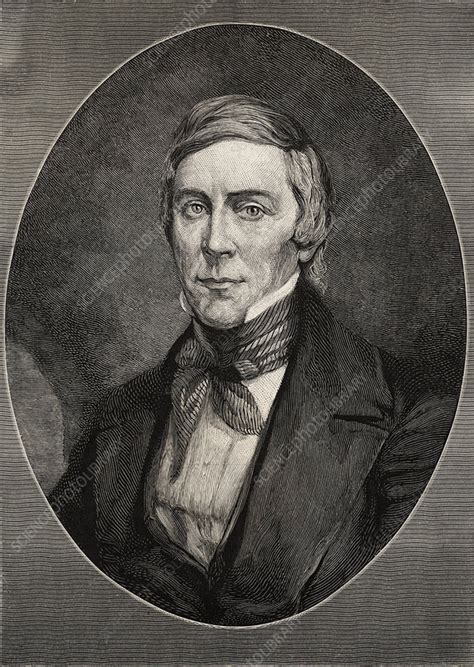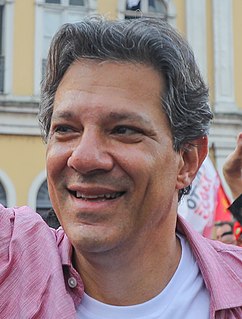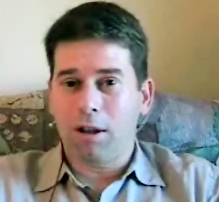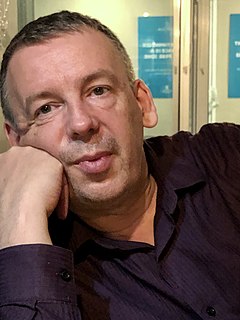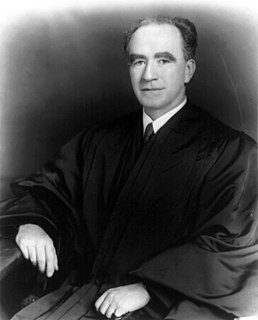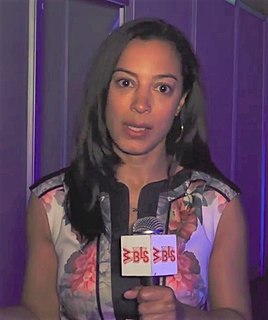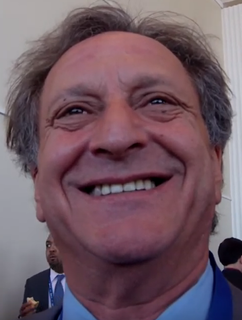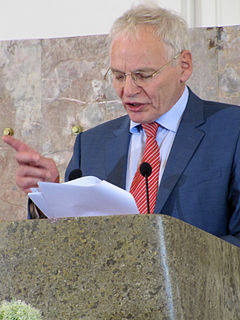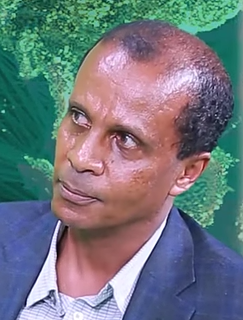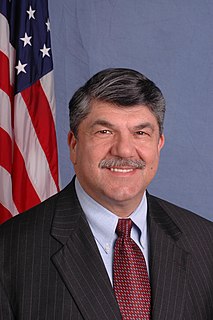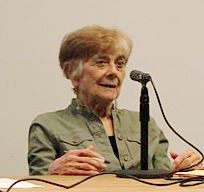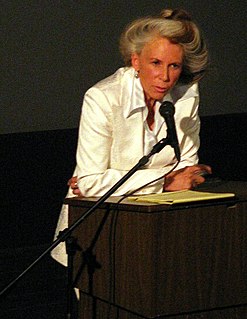Top 1200 Academic Freedom Quotes & Sayings
Explore popular Academic Freedom quotes.
Last updated on November 18, 2024.
We are resolved to protect individual freedom of belief. This freedom must include the child as well as the parent. The freedom for which we stand is not freedom of belief as we please,... not freedom to evade responsibility, ...but freedom to be honest in speech and action, freedom to respect one's own integrity of thought and feeling, freedom to question, to investigate, to try, to understand life and the universe in which life abounds, freedom to search anywhere and everywhere to find the meaning of Being, freedom to experiment with new ways of living that seem better than the old.
While the universities are increasingly corporatized and militarized, their governing structures are becoming more authoritarian, faculty are being devalued as public intellectuals, students are viewed as clients, academic fields are treated as economic domains for providing credentials, and work place skills, and academic freedom is under assault.
There's actually a wonderful quote from Stanley Fish, who is sometimes very polemical and with whom I don't always agree. He writes, "Freedom of speech is not an academic value. Accuracy of speech is an academic value; completeness of speech is an academic value; relevance of speech is an academic value. Each of these is directly related to the goal of academic inquiry: getting a matter of fact right."
Many faculty retreated into academic specializations and an arcane language that made them irrelevant to the task of defending the university as a public good, except for in some cases a very small audience. This has become more and more clear in the last few years as academics have become so insular, often unwilling or unable to defend the university as a public good, in spite of the widespread attacks on academic freedom, the role of the university as a democratic public sphere, and the increasing reduction of knowledge to a saleable commodity, and students to customers.
Churchmen are quick to defend religious freedom; lawyers were never so universally aroused as by President Roosevelt's Court bill; newspapers are most alert to civil liberties when there is a hint of press censorship in the air. And educators become perturbed at every effort to curb academic freedom. But too seldom do all of these become militant when ostensibly the rights of only one group are threatened. They do not always react to the truism that when the rights of any individual or group are chipped away, the freedom of all erodes.
There are, however, many challenges to Asian universities. First, academic freedom, in all senses, is much more critical to the success of a university than how much money is spent on infrastructure or on hiring big names. Faculty need to have the space to pursue the research that they are passionate about and the also need to have the freedom to express their opinions in the university, and in the society as a whole.
We want freedom. We want freedom from the constraints of the cycles of the sun and the moon. We want freedom from drought and weather, freedom from the movement of game, the growth of plants, freedom from control from mendacious popes and kings, freedom from ideology, freedom from want. This idea of freeing ourselves has become the compass of the human journey.
By academic freedom I understand the right to search for truth and to publish and teach what one holds to be true. This right implies also a duty: one must not conceal any part of what on has recognized to be true. It is evident that any restriction on academic freedom acts in such a way as to hamper the dissemination of knowledge among the people and thereby impedes national judgment and action.
I say let's go back to a truer use of the word 'freedom.' Let's start with President Franklin Roosevelt's Four Freedoms: freedom of speech and expression, freedom of worship, freedom from want and freedom from fear. I would add the freedom to bargain collectively. Those freedoms are under attack today.
By creating a self-policing, self-reporting, sort of self-monitoring culture through law, through statute, and imposing that on the academic world, I think not only are we losing a significant measure of freedom in academic traditions and in our civil society, but we're actually making ourselves less competitive with every other country around the world that does not do that. Because that's where researchers are going to go and that's where academics are going to go. And ultimately, that's where breakthroughs are going to occur.
